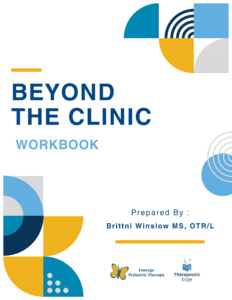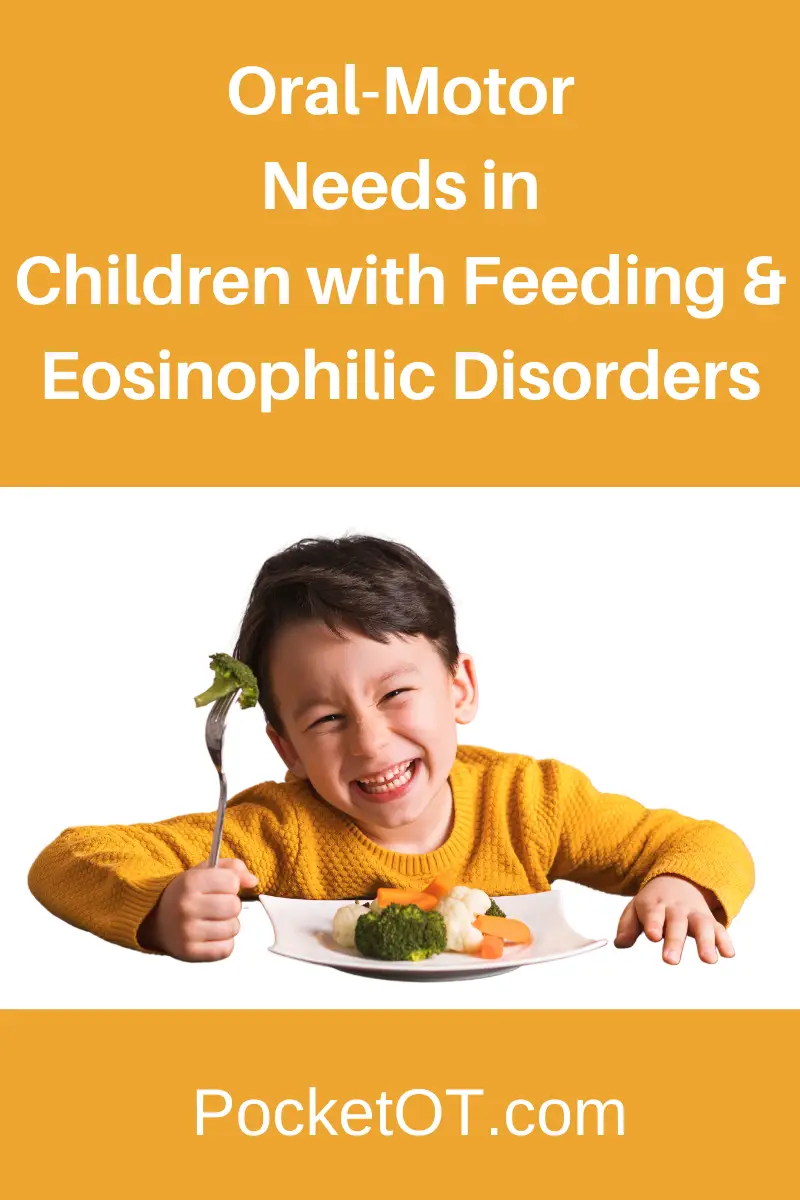
I’m SO excited to welcome this month’s guest blogger. She’s Katie Tietz, a pediatric occupational therapist, international best selling author, speaker and certified mindset coach. She is the founder of Health Pro Mindset, LLC – a mindset coaching business teaching hundreds of healthcare professionals (and soon to be professionals!) how to use mindfulness-based practices to serve others from their healthiest mindsets and highest potentials. Click here to view Katie’s website.
________________________________________
I’m just going to say it. Bear with me.
We need to do a better job at promoting self-care in the healthcare field.
Now, now… I know what you’re thinking… “Aren’t we supposed to focus on the patient? Aren’t we supposed to put their needs first?” To which I would answer, “Absolutely!” However, I’m going to argue that in order to do that… in order to really and truly do that… we need to be practicing routine self-care. As the saying goes, we need to fill our cups first before we can give to others.
All too often, self-care can be made to feel like a selfish act. In a world where a completely booked schedule is glorified and taking a personal day earns you eye rolls and snide comments from your peers, the topic of self-care has become quite the taboo topic in the workplace.
We’re all givers. We all have strong empathy for others. We wouldn’t be in this profession if we weren’t. Parents – I’m talking to you too. So naturally, as givers, when the topic arises of ‘taking’ (taking time for your own self-care), it might make us feel uncomfortable, selfish, or even guilty – and those aren’t nice feelings! Unless you have someone telling you that you don’t have to feel guilty and that self-care is not selfish, then you’ll likely continue falling deeper into that trap, experiencing exhaustion, compassion fatigue, and burnout.
A recent article from the National Academy of Medicine (1) reports that more than half of US physicians are experiencing substantial symptoms of burnout. Nurses and other healthcare professionals report a growing prevalence rate of burnout and depression as well.
Quite frankly, as we continue to see burnout and depression rates rise among healthcare professionals, our concern for patient safety should be rising along with it. Topics like quality of care, medical errors, health-care associated infections, interpersonal teamwork, and patient mortality, are all associated with burnout. Patient satisfaction declines. Job satisfaction declines, leaving work places with high turnover rates, low productivity, and oftentimes, dangerous staffing ratios.
All because we feel like we’re being selfish.
All because we are glorifying a busy schedule and ignoring the physical and mental health benefits that regular self-care practice brings into our lives.
How do we even begin to reverse those climbing burnout rates? How do we promote patient safety on an individual level? How do we change this taboo culture surrounding self-care in the workplace?
As with most things in life – it has to start with you.
You have to learn, as a natural born giver, how to put yourself first in order to really and truly serve others at your highest potential. A recent article in Forbes Magazine entitled, “Why Self Care Isn’t Selfish” (2), recommends some great places to start, including being the change you wish to see; being the trailblazer to correcting a workplace culture that leads to burnout, fatigue, and patient safety concerns.
Thanks for bearing with me! Now I’ll leave it for you to decide: will you keep the topic of self-care in hushed tones around the workplace, or will you blaze a trail, making self-care in healthcare a priceless prerequisite for yourself and for the children you serve?
Never underestimate the role you play.
Thanks to Katie for a wonderful post! If you have a book or product you’ve created or have an awesome blog topic, contact me!


